When you have a building that is separated into multiple housing units, each of these units is called a condo, apartment, or flat in Europe. Condos are among the most common housing units and are fantastic for those who wish to live in an urbanized area. Flats began to pop up in Europe in the 18th century as cities became more and more urbanized, demanding ergonomic housing to fit factory workers who came from rural regions. It just didn’t make sense to have single-family homes within the city when the population density was growing.
Advantages
Condos are the perfect dwelling unit for those who live in an urban area. If you work in the downtown area of your city, you won’t need to commute for hours from your suburban bungalow on a daily basis. A bus, subway, or even a bike should suffice. Also, condominiums can be safer than houses to some extent. Landlords are often required to create proper security measures, with guards and surveillance systems. Also, having more people living around you makes it more difficult for anyone to break in since the other tenants may spot them and call the authorities.
Disadvantages
The downside to condos is that they are less personal in more ways than one. For example, if you want to host a party in your condo, you may first need to speak with the landlord to get their permission. A detached house would not have this problem, as long as the party isn’t too loud. Also, there is less personalization with apartments on the exterior.
If you want to have a balcony or add a deck, you should first ask the landlord’s permission to build one, and in many cases, they won’t give it to you. Some landlords may also inhibit the personalization of the interior as well. So if you wish to convert your interior from an industrial to a modern rustic, you may need to jump through several bureaucratic hurdles to do that, or you may simply not be allowed to do that at all. Then there is also the general noise of having to share a building with potentially hundreds of tenants, leaking pipes, faulty electricity, and other utility problems. However, if you can get over these minor hiccups, condos are great for those who live in the city or simply don’t want the added responsibility of maintaining an entire detached house.
Townhouse
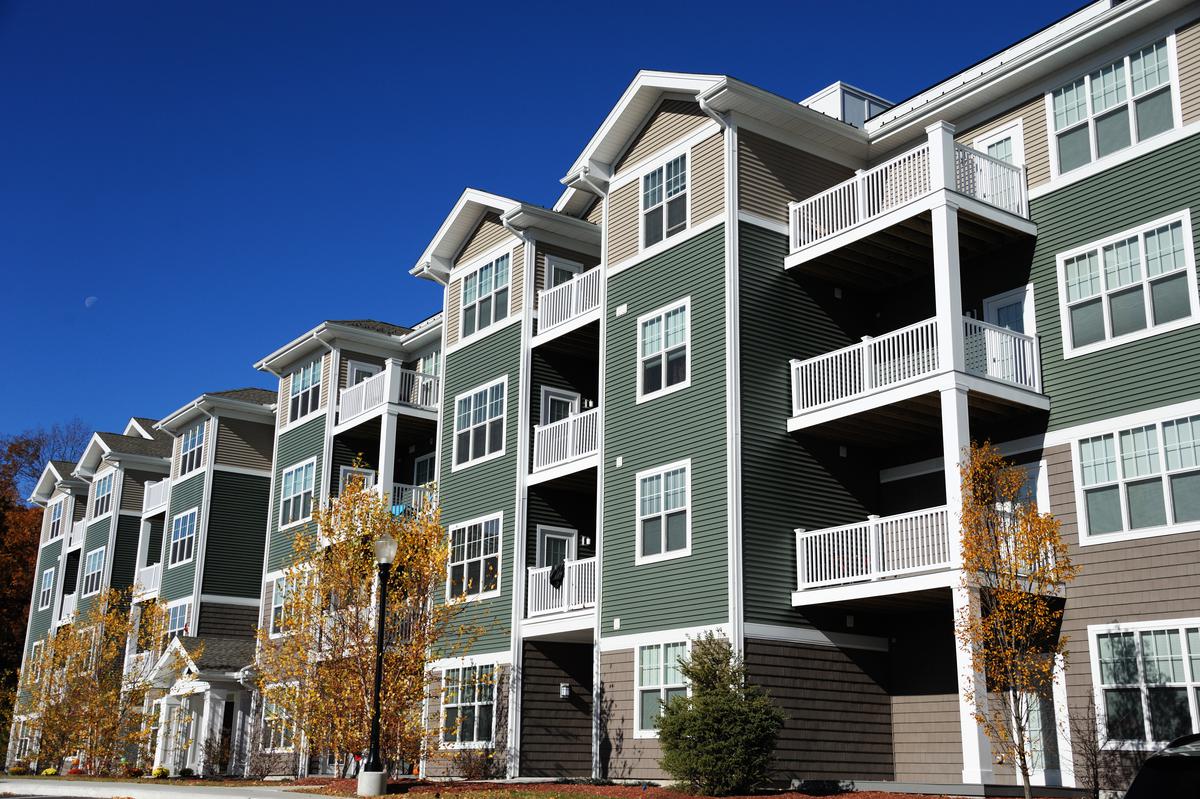
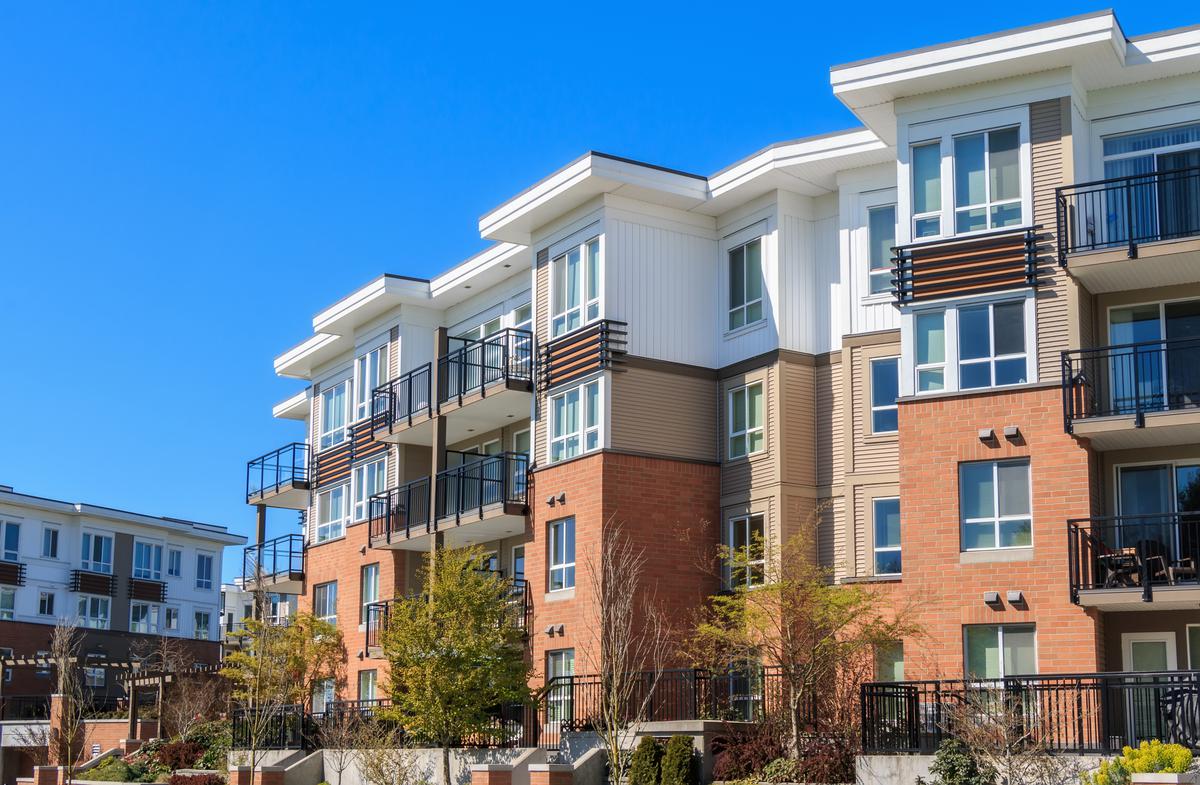
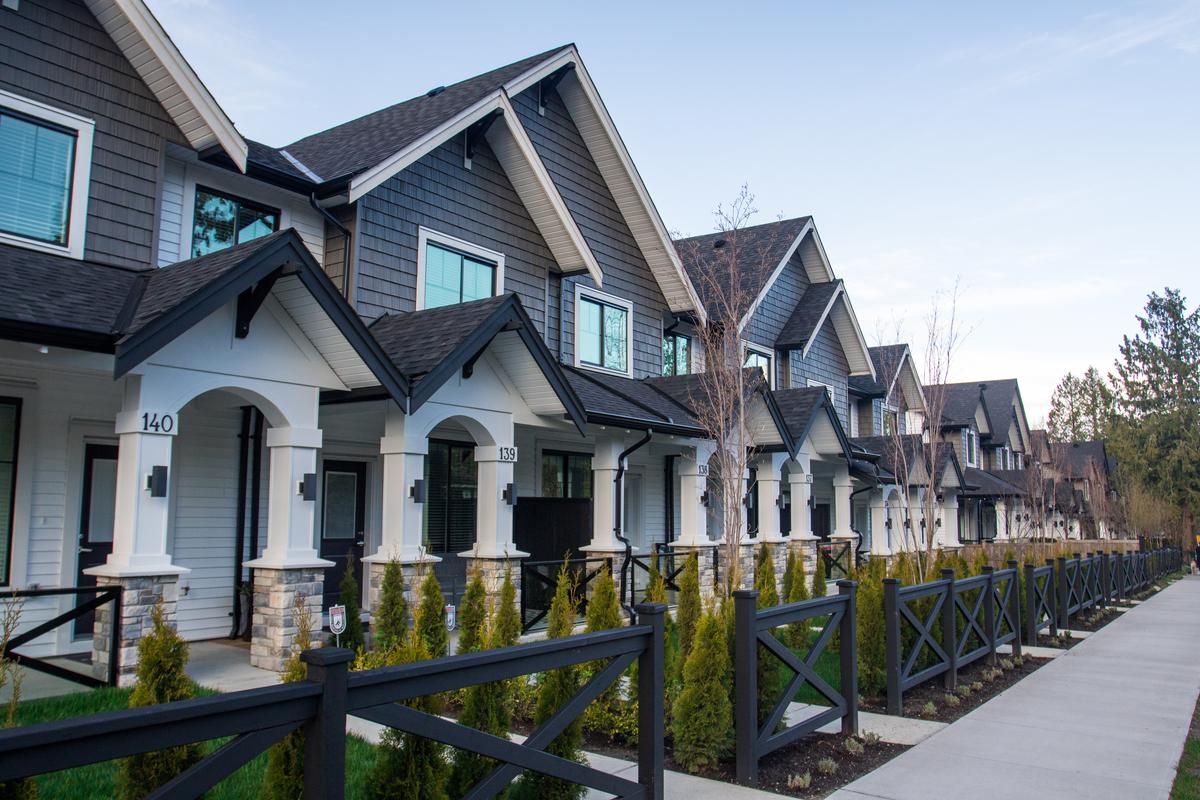
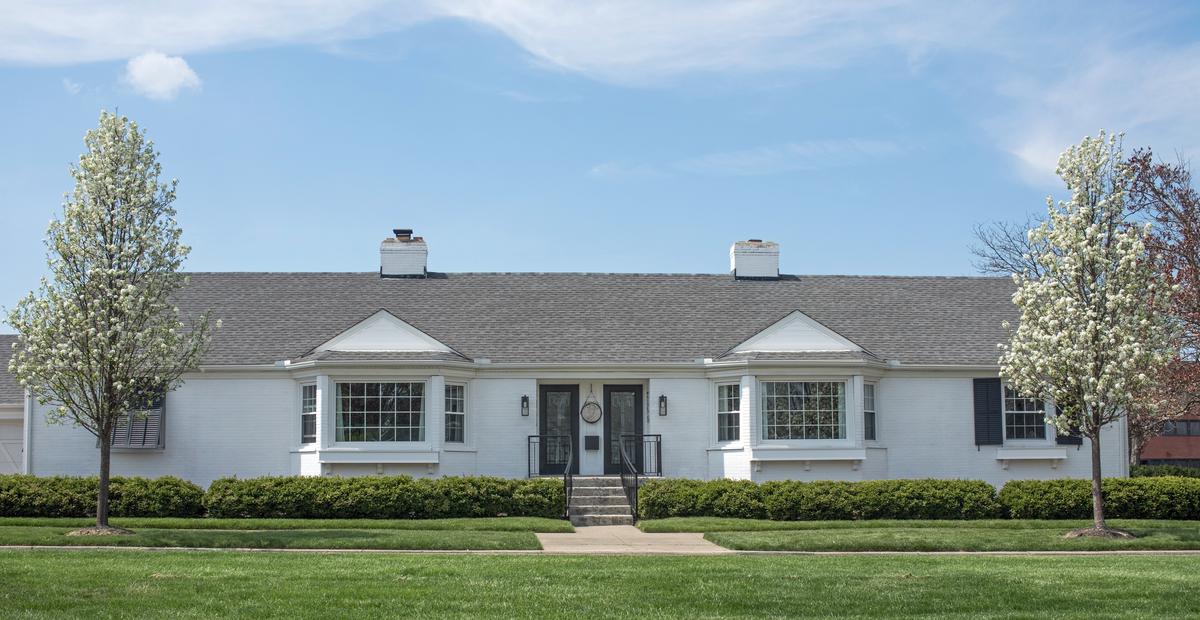
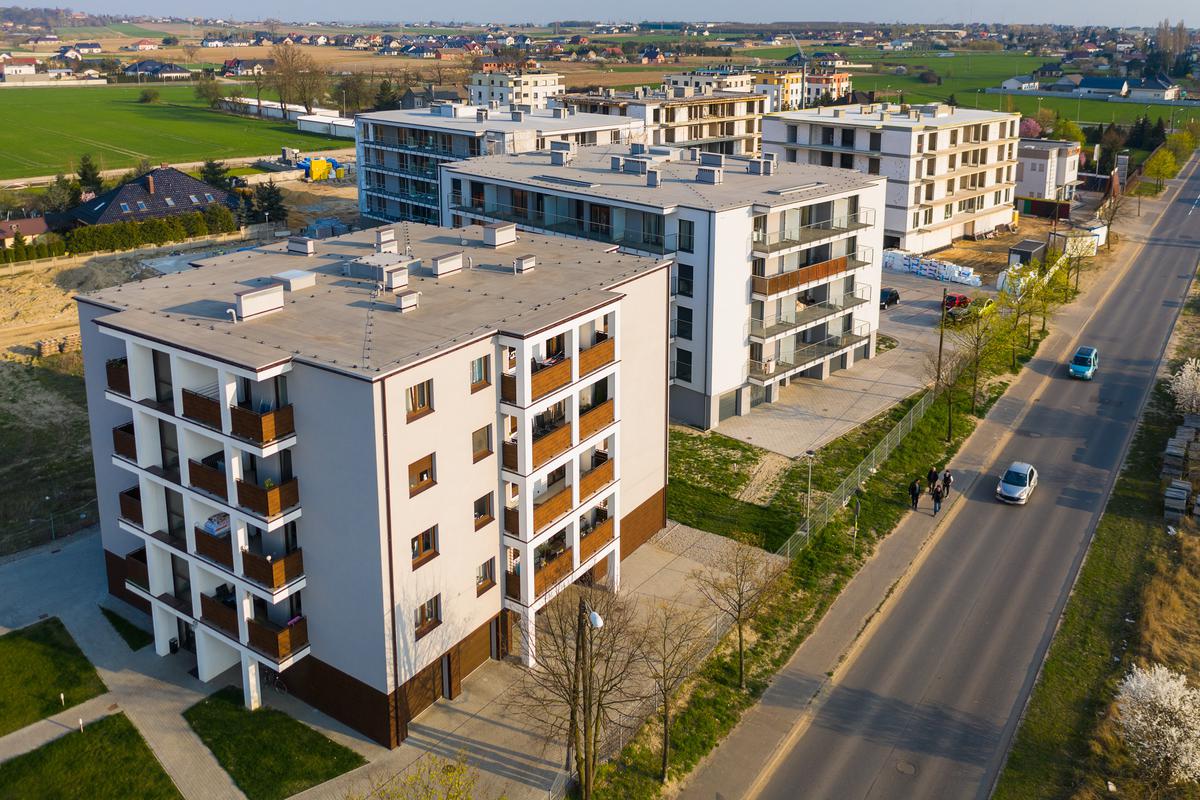
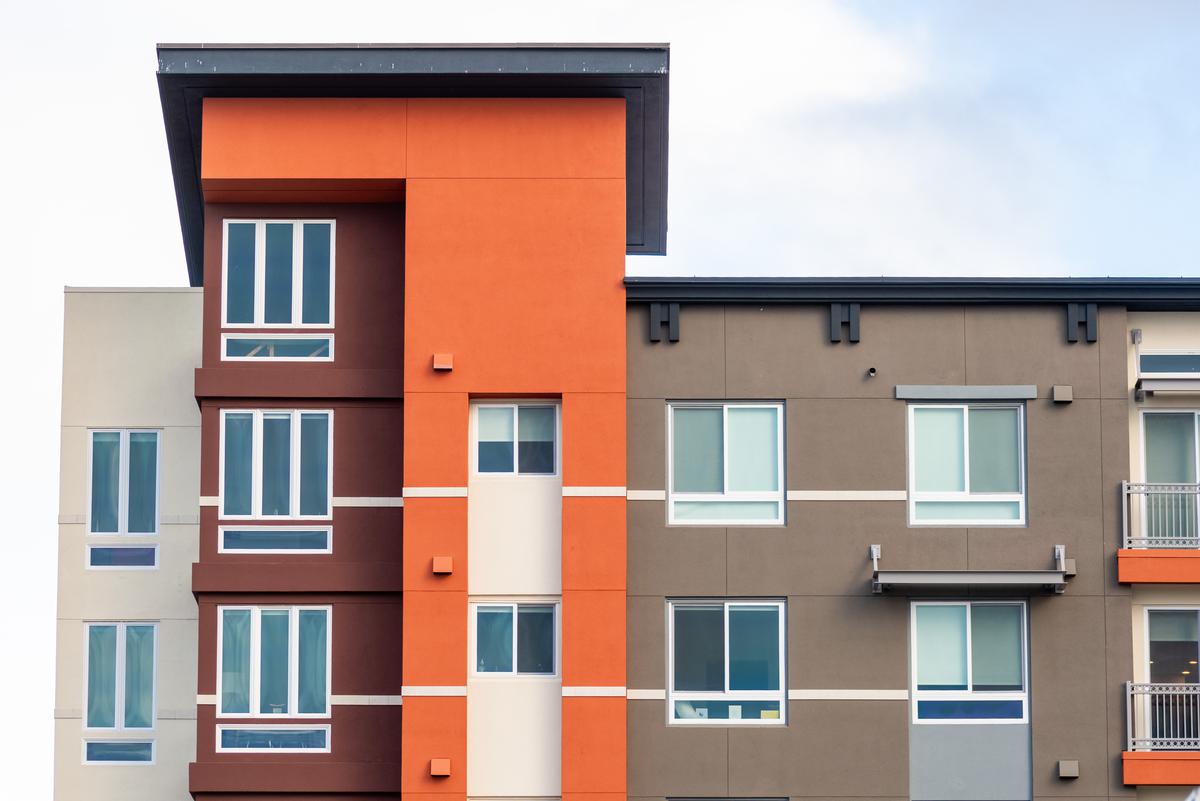
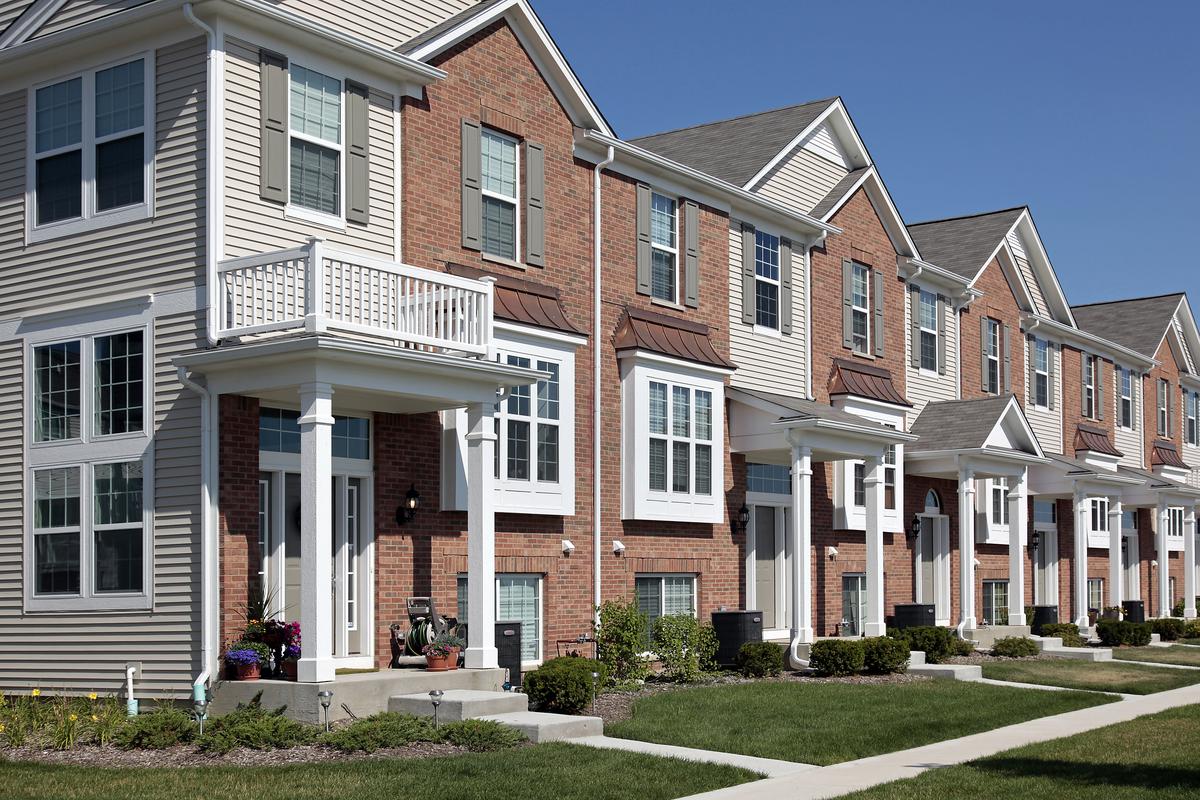
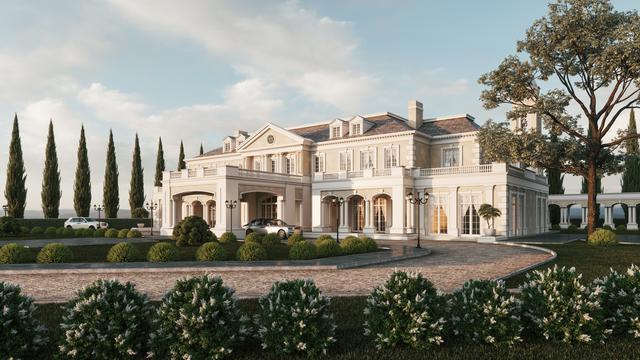
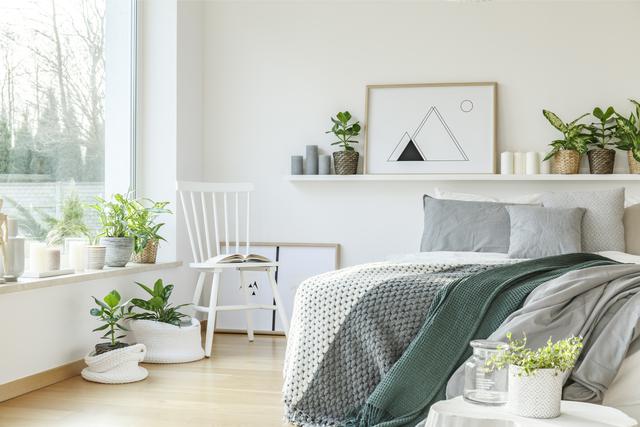

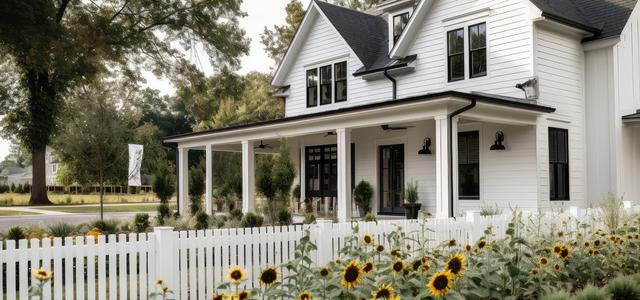
comments